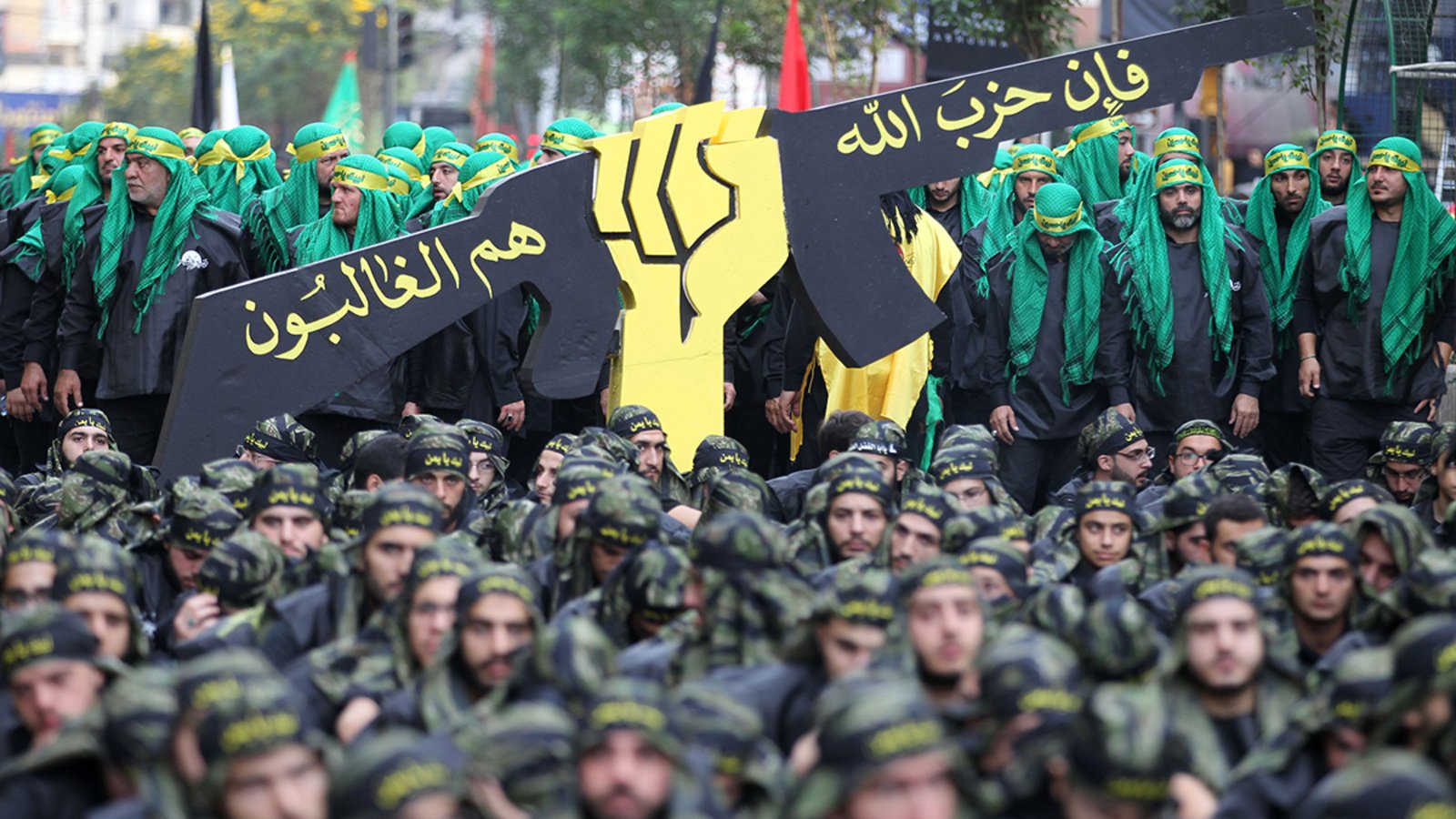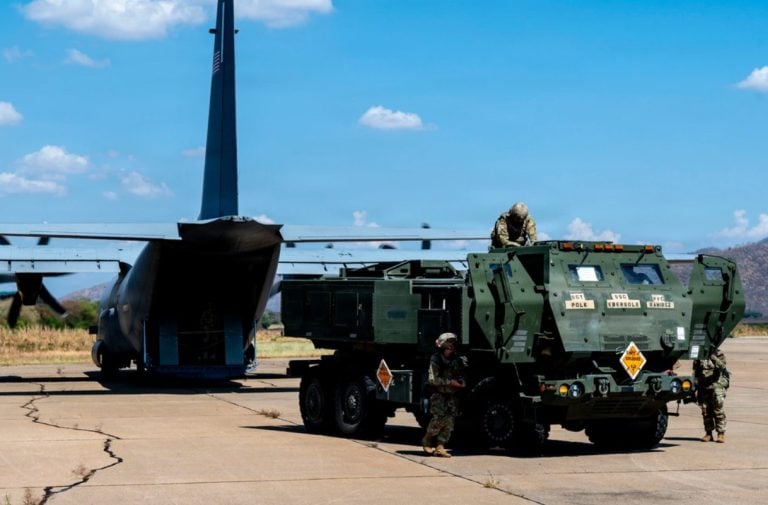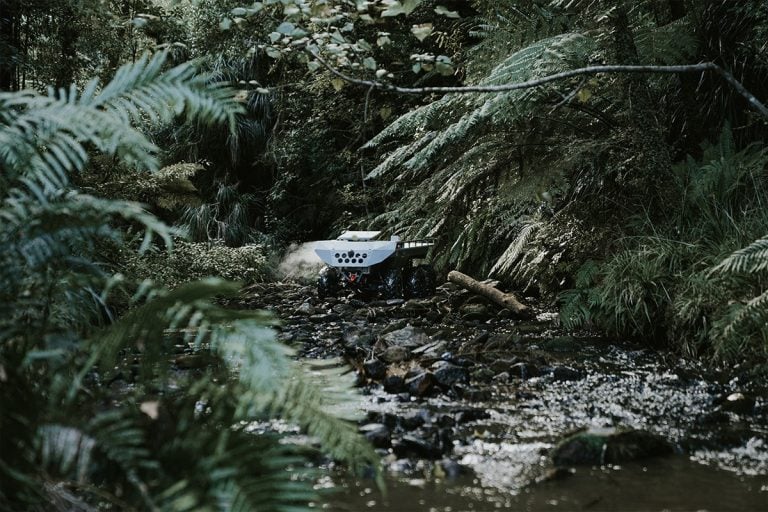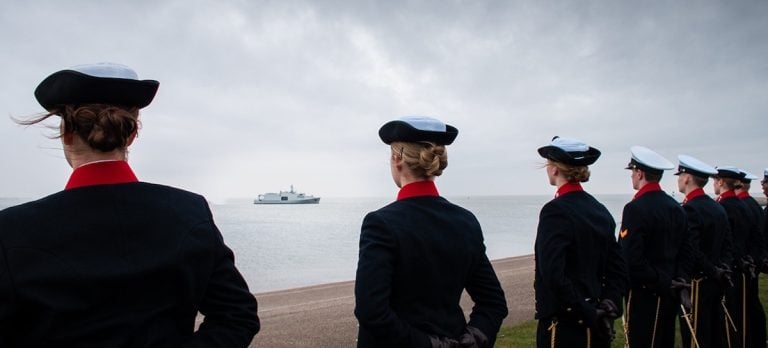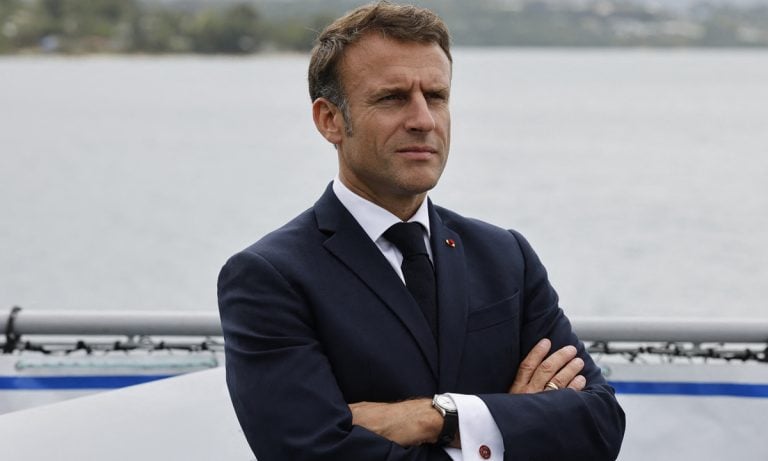Hezbollah leader Naim Qassem firmly stated on Sunday that his group will not disarm or surrender in response to Israeli threats, despite ongoing pressure for them to do so. This declaration occurred as preparations were underway for a visit from U.S. envoy Thomas Barrack, during which Lebanese authorities are expected to address a U.S. request for Hezbollah to disarm by the end of the year, according to a source familiar with the discussions.
During a televised address before thousands of supporters in Beirut’s southern suburbs, a stronghold of Hezbollah, Qassem emphasized that threats from Israel would not compel the group to surrender. His comments came amid the Shiite Muslim religious commemoration of Ashura. He asserted that “this (Israeli) threat will not make us accept surrender” and reiterated that the group’s fighters would remain armed until Israel’s alleged aggression ceases.
Following a conflict between Hezbollah and Israel last year that significantly weakened the Iran-backed group, Lebanese leaders have repeatedly pledged to establish a state monopoly on arms. They have also demanded that Israel adhere to a ceasefire agreement that was meant to put an end to the hostilities. Despite these assurances, Israel continues to conduct strikes in Lebanon, claiming to target Hezbollah installations while accusing the Lebanese government of failing to mitigate the group’s military capabilities.
Qassem highlighted the necessity for Israel to comply with the ceasefire, which required Hezbollah to withdraw its fighters from territories south of the Litani River while Israel was expected to withdraw from strategic areas it occupied. He indicated that discussions around the group’s disarmament would only occur after Israel withdraws from occupied territories, ceases its aggression, and begins the reconstruction of Lebanon.
As Qassem delivered his speech, a wave of supporters dressed in black for Ashura marched through the streets of Beirut’s southern suburbs, displaying Hezbollah flags alongside those of Lebanon, Palestine, and Iran, and carrying posters of the late Hassan Nasrallah. Many supporters echoed Qassem’s sentiments; one young man from southern Lebanon asserted that Hezbollah’s weapons “can’t be handed over, not now, not later,” criticizing any belief that the group would disarm.
In his address, Qassem also rejected any normalization of relations with Israel, calling such overtures unacceptable. This comes in light of comments from Israeli Foreign Minister Gideon Saar, who expressed that the Israeli government is interested in normalization. While Lebanon remains technically at war with Israel, there has been no official response from Beirut regarding these discussions. Similarly, Syria, mentioned in Saar’s remarks, deemed it “premature” to entertain talks of normalization.
As the commemoration of Ashura continued, Shiites across the region marked the occasion, which memorializes the martyrdom of Imam Hussein in a seventh-century conflict. In Iraq, significant observances were held in holy cities such as Najaf and Karbala. In southern Lebanon, commemorations drew hundreds, though attendance was noted to be lower due to recent Israeli aggression in the area, which had impacted local infrastructure.
In Syria, several hundred gathered at the Sayyida Zeinab shrine under heightened security, contrasting with previous years when large processions were commonplace. The absence of pilgrims from outside Syria, such as those from Iran, Iraq, or Lebanon, highlighted ongoing regional tensions, particularly as the Shiite community remains vigilant in the wake of shifts in power since the toppling of Bashar al-Assad’s regime, which had received significant support from Iran.
